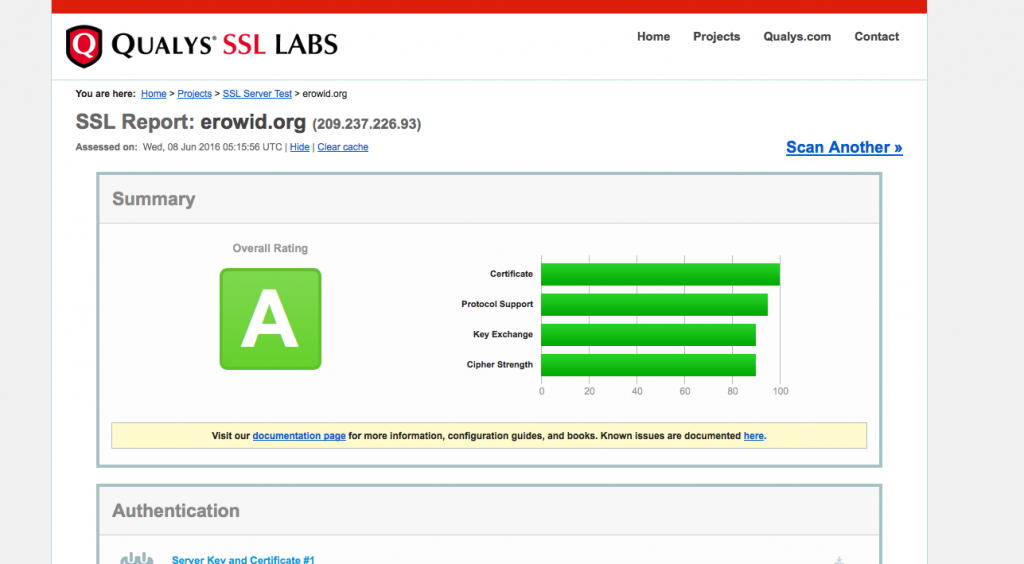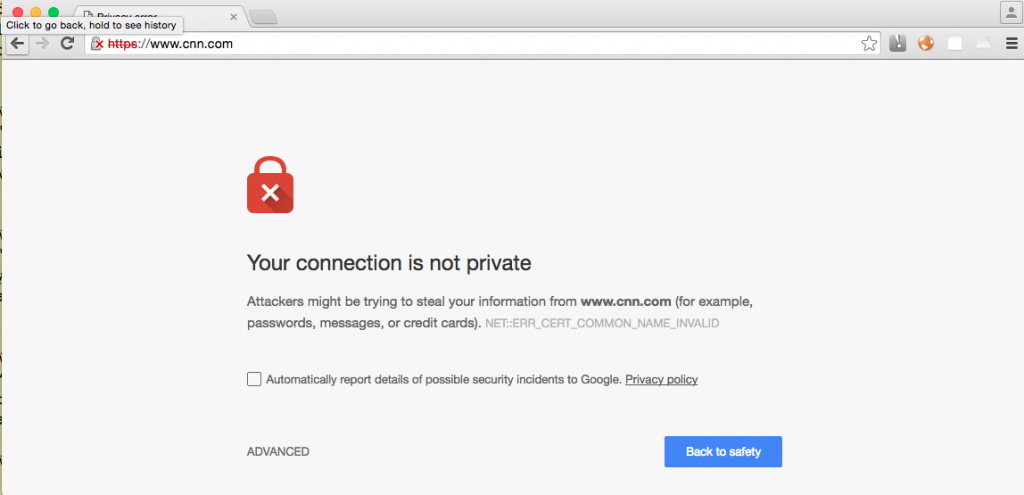In reading a recent paper by Schifano F, Orsolini L, Papanti D, Corkery J, we ran across their ridiculous term “e-psychonauts” from this and a previous paper.
It’s always sad to see people writing new articles, especially medical or anthropology papers that pretend that the use of electronic communication is somehow noteworthy or aberrant. It is not.
Vulnerable subjects, including both children/adolescents and
psychiatric patients, may be exposed to a plethora of pro drug web pages, from which unpublished/anecdotal levels of knowledge related to the NPS are typically provided by the ‘e-psychonauts’ (e.g. drug fora/blog communities’ members; [124]).
That refers back to a a paper from 2015 by the same authors.
The authors define the term in their abstract:
Within online drug fora communities, there are some educated and informed users who can somehow provide reliable information on psychoactive compounds and combinations. These users, also called e-psychonauts, may possess levels of technical knowledge relating to a range of novel psychoactive substances (NPS).
And then go on to tout how excitingly new the idea of “e-psychonauts” is, despite the idea of online drug geeks being not remotely new by any reasonable standard. Not new to published articles, not new to published medical articles, not new to agencies funding massive “web surveillance”, not new to the mega mainstream media scare machinery, not new to anyone.
To the best of the authors’ knowledge, this paper represents the first systematic study aimed at providing a description of e-psychonauts, which may be of some use in prevention activities.
Demographics of online drug geeks? Not new. Perhaps it’s just a simple indictment of the “authors’s knowledge” and the knowledge of the article’s unnamed reviewers and editors.
The term “e-psychonaut” seems like it could be useful to mean psychonauts who are using new electronic psychoactives, such as electroceuticals, mind machines, transcranial magnetic stimulation, direct neural stimulation, or the like.
But, no, these authors and the terrible editors who helped them foist the term into the medical literature, seem to have missed that very approximately 100% of the adult populations under 60 years old in advanced countries now use “computers” or “electronic devices”. [To be clear, I know that it’s not actually 100%, it’s more like 90% of adults in the US under 60 years old, but virtually everyone /has used/ the internet.]
Perhaps in the 1990s it might have been helpful to distinguish between “psychonauts” who used electronic communication and those who did not. But in 2016? Not so much.
We appreciate that the authors and the low-end journals they publish in are willing to use Google to learn about “novel drugs” like 2C-B. But it really seems depressingly quaint in 2016.
As one indication of how well edited their papers are, in reading through them, I noticed this excellent reference in the opening paragraph of their 2015 paper “Ectasy.org [sic]”, cited to “Ectasy.org. www.ectasy.org (accessed Jan. 22, 2014).”
Oops. Don’t they use spell check? Regardless of spell check, getting through publication with a sad typo in the opening paragraph indicates bad things about the publication’s editorial process and overall quality. In case it’s not clear, that’s a typo for Ecstasy.org. Ectasy.org is a long-squatted typo domain with no content.



